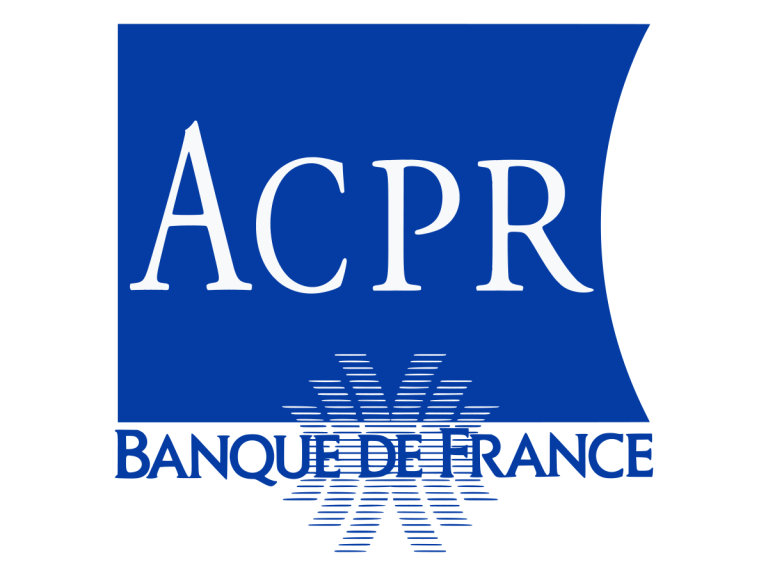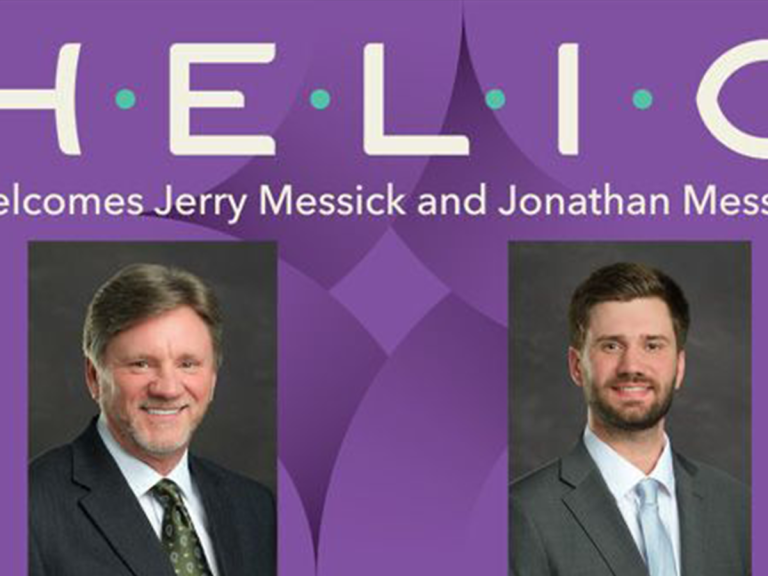French regulator publishes captive application guidelines
Property remains major focus for captives despite softening market
Texas Court bans Charles Dombek and Optimal from forming captives
AM Best affirms financial strength rating of BNP Paribas captive
Up to 10 captives awaiting approval in France – AXA XL’s Charbonnier
There are between five to 10 captives waiting for approval in France, according to Marine Charbonnier, head of captives and facultative underwriting for APAC and Europe at AXA XL.
The number of captives in France has steadily increased since the jurisdiction introduced specific captive legislation in June 2023, with the number of captives in the jurisdiction now standing at 19.
“We are working with more than half of the captive space in France, so we think there could be between five and ten captives waiting for decision and/or approval,” Charbonnier told Captive Intelligence at the FERMA Forum in Madrid last month.
“Some clients are taking their time because they really want to compile a comprehensive file with all the necessary data, and that takes time on their end.”
In October French multinational aerospace and defence corporation Safran received approval to re-domesticate its Luxembourg captive to France.
Charbonnier said a review has been scheduled for the French government in September 2025 to further advance captive regulation in the jurisdiction.
“We are all awaiting this next step,” she said. “It has been stated that it should not pose a challenge, but we can never be certain.”
“A note is expected to be prepared and submitted to the government.”
Charbonnier said that as the domicile continues to grow, recruiting local talent to expand the captive ecosystem will be one of the main challenges for the local market.
“This business is quite different from broking and it requires a specific set of skills,” she said.
“Even though captive managers may be connected to broking and their network, finding local talent is complex.
“They need to explain and train new employees while also recruiting experienced professionals locally. In France, this process has already begun.”
Charbonnier said there are not many local captive mangers, but their relevance is growing, which she said is important for clients.
“In other European countries I’m not sure if similar preparations are in place yet, but it takes time,” she said.
“Managing captives requires broad knowledge and diverse skills – technical expertise, underwriting, accounting, actuary and a solid understanding of regulations, among other things,” she added. “Additionally, it requires sufficient volume.”
Helio appoints Jerry Messick and Jonathan Messick
Helio has hired Jerry Messick and Jonathan Messick, principles at Unity Captive Solutions, to provide captive services under the Helio Risk brand.
The duo will focus on complex captive creation, alternative risk management and fronting structures for Helio.
Jerry Messick has more than forty years of experience in the insurance and alternative risk transfer industry.
Before joining Helio, he was with two national providers of alternative risk services where he held senior positions, including as CEO of Elevate Risk Solutions from where he stepped down in January 2024.
He also serves on the boards of the Oklahoma Captive Insurance Association and International Centre for Captive Insurance Education (ICCIE).
“We’re thrilled to collaborate with individuals of such deep industry knowledge and stellar reputations as Jerry and Jonathan,” said Heather McClure, managing partner at Helio Risk.
“Having worked alongside Jerry on industry boards and educational conferences across the country, I highly value his integrity and operational expertise. We are excited to welcome them to the Helio Team.”
Jonathan Messick has over five years of insurance and captive service experience.
“I have known Helio’s principals – Heather, Kyle and Blake – for many years; and Jonathan and I look forward to contributing to Helio’s mission of delivering exceptional value to clients,” said Jerry Messick.
“The upcoming year promises innovations and structural developments at Helio, and we are eager to continue Helio’s exciting growth in the global captive industry.”
AM Best upgrades credit rating of Restoration Risk Retention Group
AM Best has upgraded the long-term issuer credit rating to “a+” (excellent) from “a” (excellent) and affirmed the financial strength rating of ‘A’ (excellent) of Vermont-domiciled Restoration Risk Retention Group (RRRG).
In addition, AM Best has revised the outlook of the long-term ICR to stable from positive, while the FSR is stable.
RRRG is a quasi-captive writing policies solely for the benefit of ServPro franchises and underwrites business in all 50 states.
The captive benefits from its advantage of providing coverage only for its sponsor’s franchises, enabling a low-cost structure in terms of underwriting expenses.
These ratings reflect RRRG’s balance sheet strength, which AM Best assesses as very strong, as well as its strong operating performance, neutral business profile and appropriate enterprise risk management.
The stable outlooks consider AM Best’s expectation that RRRG will maintain its balance sheet strength assessment at the very strong level while producing strong operating results and maintaining prudent risk management.
RRRG’s balance sheet strength assessment is underpinned by its risk-adjusted capitalisation, which is at the strongest level, as measured by Best’s Capital Adequacy Ratio (BCAR) across all return periods in standard scenarios.
Surplus has grown organically through the company’s strong operational results, generating profits in all but one year during the past 10-year period.
“The company’s strong operating performance reflects its positive underwriting results over the past five years, driven by favourable pure loss ratios, improvements to claims handling, and favourable loss adjustment expenses compared with the industry average,” AM Best said.
HDI Global appoints Melanie Windirsch head of international programmes
HDI Global SE has hired Melanie Windirsch as head of international programmes, where she will be responsible for 50 colleagues in the departments of HDI Global IP Services, IP Operations and Technology, and Global Network.
Windirsch succeeds Dr Dirk Höring, who held the position before being promoted to the HDI Global SE Executive Board in April.
In her new role she will report to Dr Thomas Kuhnt, HDI Global COO and CIO.
“I am delighted to welcome Melanie to my leadership team”, Kuhnt said.
“Her extensive experience and deep knowledge of the industry make her an invaluable asset to HDI Global.”
“I am truly excited to work alongside Melanie and tap into her expertise to further drive our proposition in international programmes.”
Windirsch brings more than twelve years of experience in insurance to HDI Global, having previously worked at Allianz Commercial, where she held the position of head of global network management and multinational governance.
“I am excited and honoured to be joining a company and team that is at the forefront of International Programmes,” Windirsch said.
“As the new head of international programmes, I am eager to further extend our worldwide leading presence of IP services for the benefit of our multinational partners and their business.”






